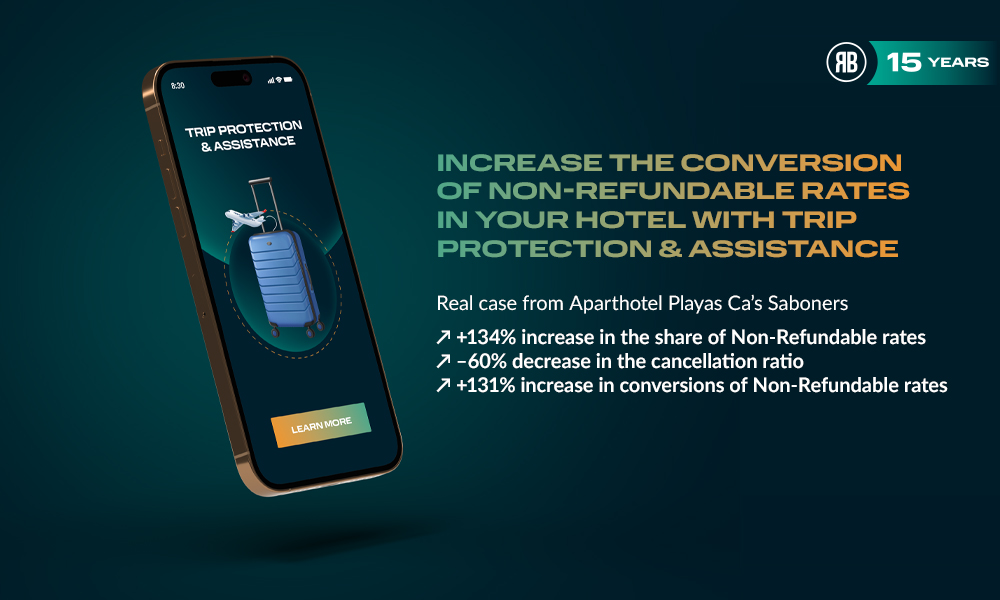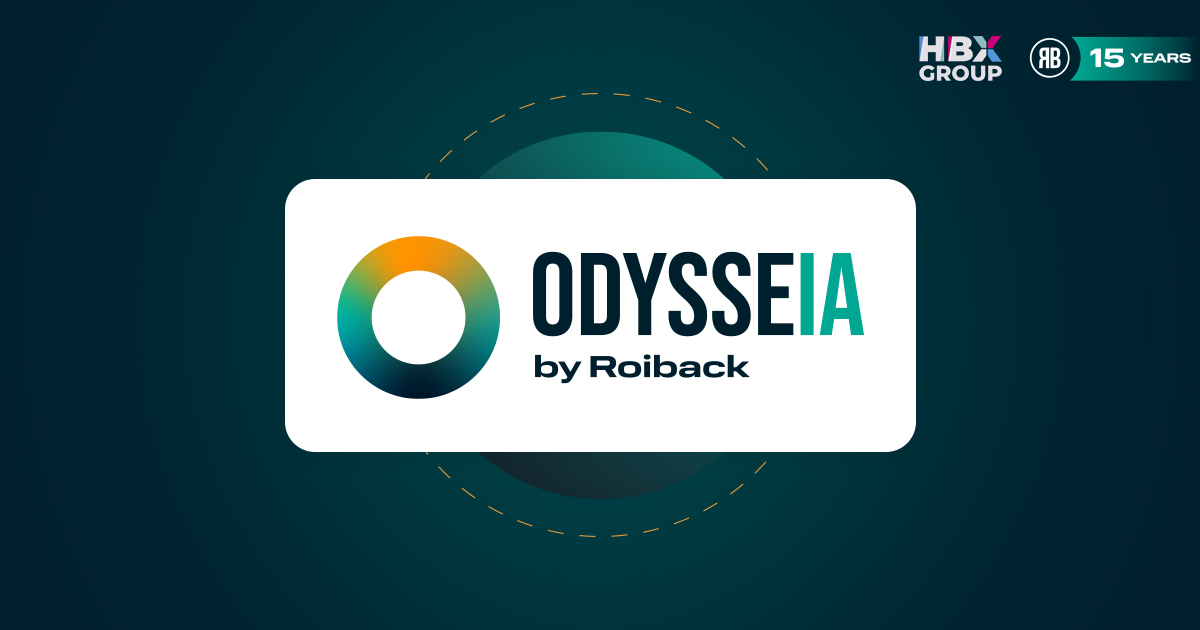RMS: Ally or Enemy of the Revenue Manager?
News
September 9, 2024

In the dynamic and competitive world of the hotel sector, optimizing revenue is an increasingly common practice, especially among medium-sized chains and independent hotels.
The adoption of Revenue Management Systems (RMS) has become a trend that divides opinions: some see technology as a potential threat that could replace revenue managers, while others consider it an indispensable ally.
In this blog post, we will explore this debate, based on the experience and vision of Irene Guinarte, CEO of Wavyssa, an expert in the field.
Context
The implementation of RMS systems in the hotel sector has generated significant controversy. On the one hand, there are those who fear that these automated systems could replace the human role of the revenue manager. On the other hand, there are proponents who defend technology as a tool that enhances efficiency and precision in revenue management.
Irene Guinarte, a prominent figure in the field of revenue management, sees technology as an ally, not an enemy.
According to Irene, repetitive and mechanical tasks should be automated to free up revenue managers and allow them to focus on more strategic tasks. In her opinion, technology does not replace the revenue manager, but complements and makes them more efficient.
Four Types of Situations in Companies
We can identify four types of situations that companies may face in relation to revenue management and RMS technology:
- Without Revenue Management or RMS:
- Common in small hotels or very small chains.
- The lack of a structured revenue management system can lead to inefficient revenue management.
- With Revenue Management but without RMS:
- There are profiles that are not true revenue managers and simply "peck" at prices.
- Without an RMS, these companies cannot efficiently optimize their revenue.
- With RMS but without Revenue Manager:
- This is a risky situation, as having the tool without a trained professional can lead to serious errors.
- The lack of a revenue manager can result in underutilization of the system's capabilities.
- With Revenue Manager and RMS:
- The ideal situation, where technology and human skill combine effectively.
- This combination maximizes efficiency and accuracy in revenue management.
Important Features in an RMS
Needs Analysis
For an RMS to be truly effective, it must be able to manage the entire distribution mix of a vacation hotel.
This includes not only rates, but also the management of different types of rooms and customer combinations. An adequate needs analysis ensures that the selected RMS can cover all relevant aspects for the hotel.
Adaptability according to Hotel Type
The choice of RMS should be based on the type of hotel. A vacation hotel will need a system that can manage various room types and customer combinations.
On the other hand, a city hotel will require an RMS that optimizes corporate rates and manages specific segments such as MICE (Meetings, Incentives, Conferences, and Exhibitions).
Avoid Imitating the Neighbor
Each hotel should choose an RMS based on its own specific needs, not on what the competition uses. What works for one hotel may not be suitable for another. It is crucial to conduct a detailed analysis of the needs and select an RMS that fits them perfectly.
Importance of Robust Integrations
Integrations between the RMS and other systems must be reliable and robust to minimize errors. Common problems include prices that are not updated correctly, poorly managed channel closures, and other inconsistencies that can affect sales and management.
An RMS with robust integrations ensures that all systems work in harmony, preventing lost sales and operational errors.
Direct Channel Priority
The direct channel should be prioritized in price and availability updates. A "one-size-fits-all" strategy (same strategy for all channels) is not effective.
It is crucial to customize strategies to maximize direct sales and ensure that the most important updates are made first in the direct channel.
Control and Sales Maximization
Having direct control from the RMS allows for better management of prices and availability. Quality integrations ensure that there are no lost sales or errors in data distribution. Direct control provides greater agility and precision in revenue management.
Conclusion
The implementation of an RMS in the hotel sector is not a matter of replacement but of complementarity.
Technology should be seen as an ally that enhances the revenue manager's ability to make strategic decisions and optimize hotel revenue.
When choosing an RMS, it is crucial to conduct a detailed analysis of the hotel's specific needs and ensure that the integrations are robust and reliable. This way, efficiency and accuracy in revenue management can be maximized, ensuring success in an increasingly competitive market.
Check out the Cabot Hotels success story.
Read more







